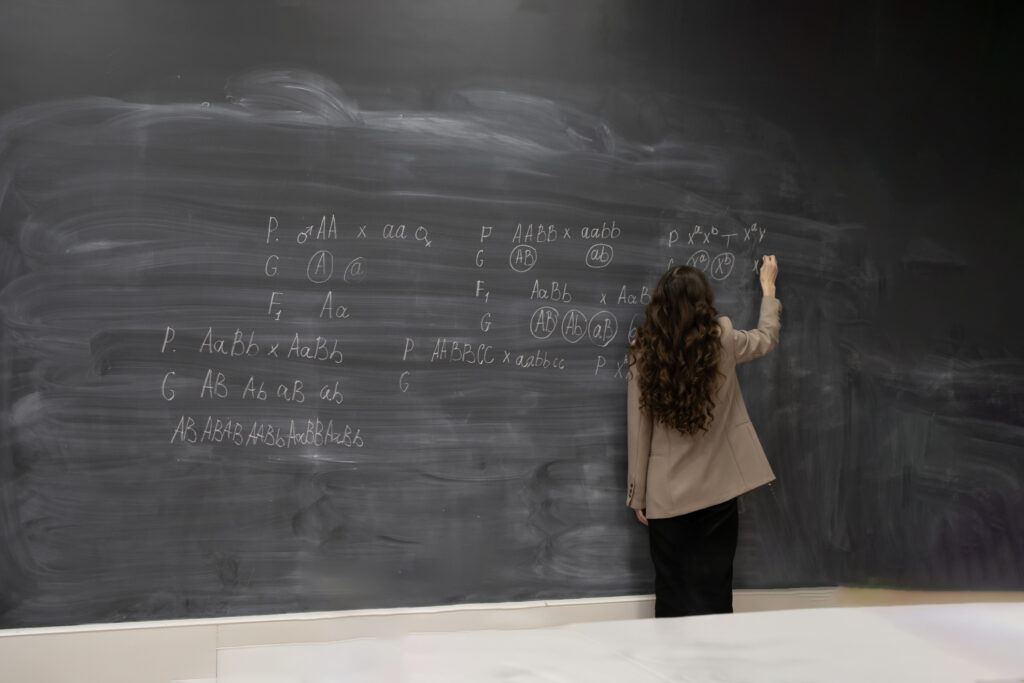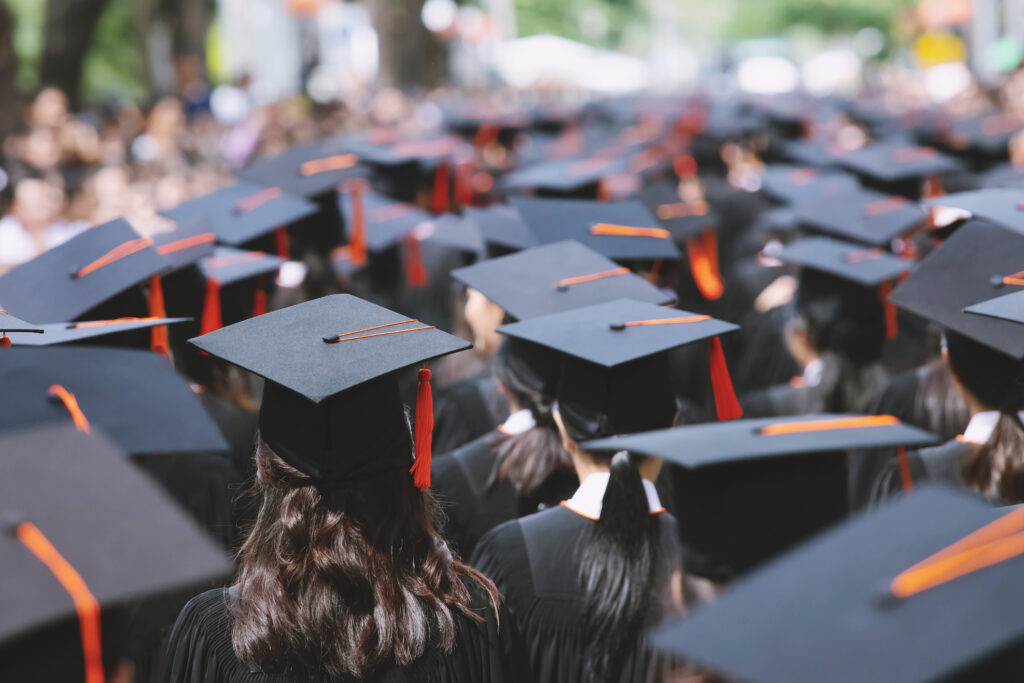A recent U.S. Department of Education report, Barriers, Benefits and Costs of Using Private Schools to Alleviate Overcrowding in Public Schools: Final Report, provides the following profile of private schools in 22 major communities across the country: Baltimore City, Buffalo, Chicago, Dade County (Florida), Dallas, Detroit, Duval County (Florida), El Paso, Houston, Long Beach, Los Angeles, Memphis, Milwaukee, Nashville, New Orleans, New York City, Oakland, Philadelphia, Pittsburgh, Portland (Oregon), San Antonio, and San Diego:
- Private schools in these communities enroll 16 percent of all public and private school children, compared to 11 percent nationally.
- About 87 percent of private school students in the 22 communities attend religious schools, while 13 percent attend nonsectarian schools.
- While private schools nationally have 22 percent minority students, private schools in the 22 communities have a higher proportion, 43 percent. This is well below the 82 percent minority enrollment found in public schools in the 22 communities.
- While 12 percent of students in inner-city private schools nationally are eligible for free or reduced-price lunches, a higher proportion, 32 percent, of private school students in the 22 communities are eligible for these programs. This is well below the comparable number, 64 percent, for public schools in the 22 communities.
- Private school tuition in the 22 communities averaged $3,654 overall, with elementary school tuition averaging $2,978 and secondary school tuition averaging $4,869. The average Catholic school tuition cost of $2,406 was less than the $3,586 cost of other religious schools and the $5,888 cost of nonsectarian schools. Tuition revenues provide 82 percent of total operating funds of the private schools.
- Fully 67 percent of the private schools offer need-based scholarships or tuition discounts, with assistance more prevalent in schools with relatively high tuition. In those private schools, 22 percent of all students and 35 percent of low-income students receive financial aid, which reduces average tuition for those students from $3,654 to $2,001.



